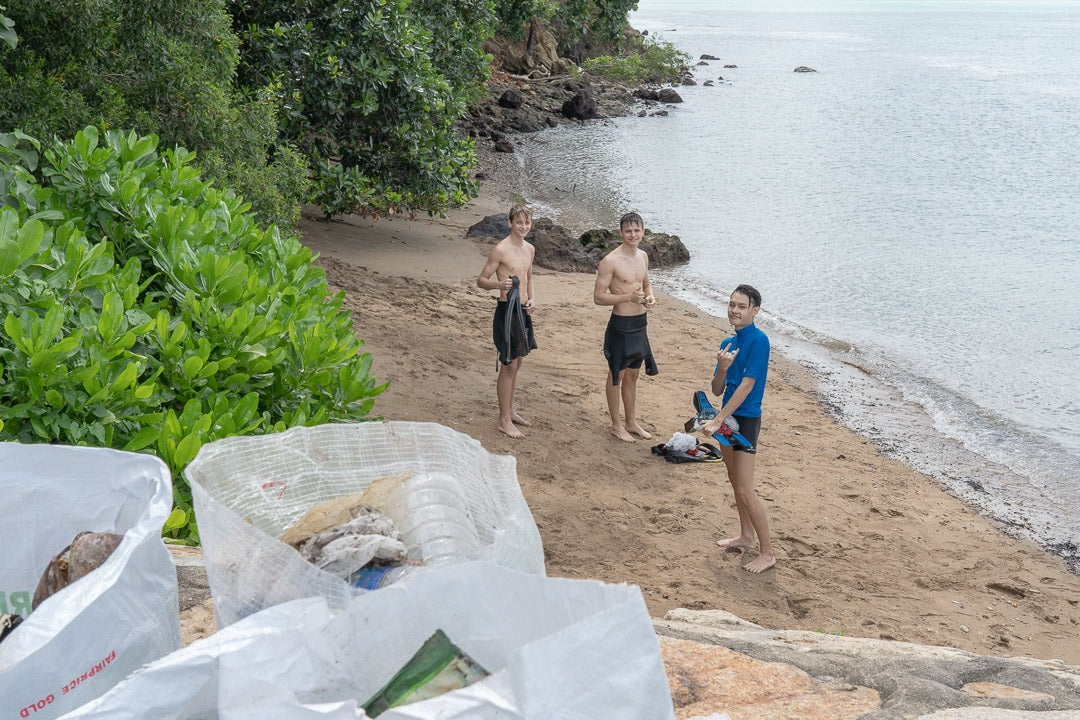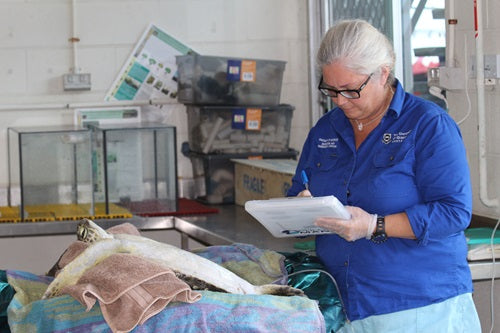
Hope for the future, one clean up at a time (by Kathleen)
Hope runs scarce as an environmental advocate. The changes I seek within political, economic and social systems happen slowly and imperceptibly, always with great resistance. At the beginning, the belief that my actions would change at least some aspect of the world fuelled my vested enthusiasm. But over time, like waves eroding sediments from the shore, the constant emotional battering took away a little bit of me each time.
As an ecology student, the toll is doubled. The banalities of everyday life include thinking, day after day, of the destruction and degradation that befalls ecosystems all over the world, past present and future. With each fascinating new ecosystem I learn, there is a dreadful problem attached to it. Tropical rainforests – deforestation. Coral reefs – overfishing. Polar regions – melting ice caps. Trying to wrap my head around the complexity and scale of all the damage being done and my role in it is enough to give me a heady sense of vertigo.

Before studying ecology, before activism, I never liked beach clean ups. Their impact seemed so miniscule for the amount of effort put into them. Every year, 8 million tons of plastics join the estimated 150 million tons that circulate within our oceans. Taking out a couple of bags barely make a dent. Better to channel this energy into something more productive, like a career involved in environmental protection. Changing the system is a better, longer term solution; individual actions matter little in the grand scheme of global governance and supply chains.
What I hadn’t realized was that waiting to see the fruits of my labour (fruits which are taking very, very long to ripen) was leaving me adrift in a quiet despair. I needed something more tangible than the promise of potential change, more than the idea that I could eventually work somewhere that might change something.
What I needed was community and measurable impact. After the circuit breaker, I grudgingly agreed to a beach clean-up at East Coast Park with some friends, and from there I was hooked. After that, in the months leading up to the new semester of school, we went almost every week.

On 20 December 2020, I finally went for my first ever freedive clean up with Zen Freediving. It wasn’t just good for the environment. It was good for my mental (and physical) health. I needed to feel the sun on my face and the waves at my feet. I needed to see the corals and fishes that benefitted from the removal of each piece of buried plastic. I needed to meet like-minded people, freedivers who love the ocean and want to cleanse it.

Working together (in socially distanced groups of five), our team removed 86 kilograms of trash from land and sea. Not bad for a morning’s work. Applying my training with each dive – looking inward to calm the heart, relax the muscles – anchored me in the present, making my time underwater and each handful of trash even more precious. And when I was ready, I could look up to the light blue, feel my head break the surface, and take my recovery breaths. A single breath, one after another, slowly builds into results a community can be proud of. Hope returns in much the same way: breath by breath, step by step.

Zen Freediving has a goal to remove one tonne of plastic from the ocean by end 2021. Since the very first cleanup, we’ve removed 257 kilograms of trash from the ocean and beach. Change is needed on every level. With each cleanup, there is impact not only in plastic we remove, but in the message we send to others, individuals, businesses and governments, to recognize our dependence on the natural environment and the dedication required to protect it.


